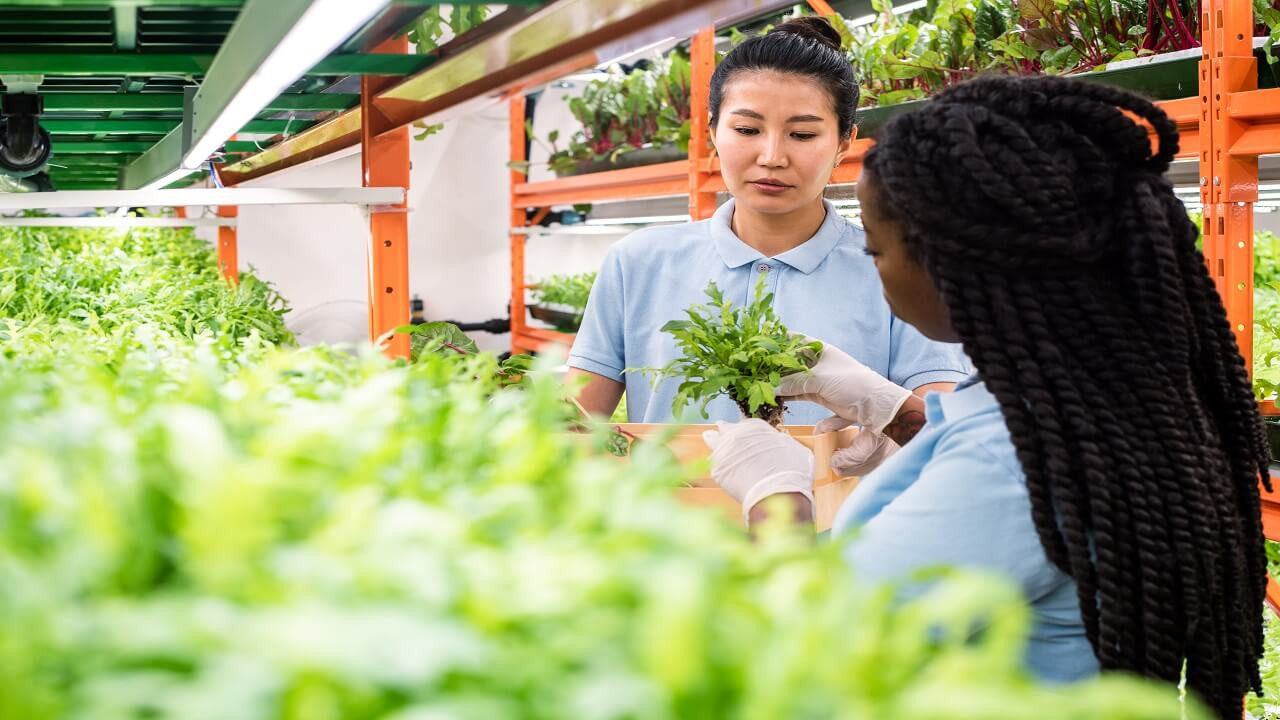
Agricultural Engineering Career
August 7, 2022, 6:37 am
Agricultural engineering is the key to unlocking the agricultural productivity needed to drastically improve food production in the world.
According to estimates, growing populations in the world, especially in developing countries will require a doubling of food production in the next 20 years. Against this background, it is widely acknowledged that the low level of technology and power available to agriculture is a key factor in retarding growth in agricultural production and productivity.
Agricultural Engineering Career
Governments and developmental agencies that have decided to support agricultural production by making available additional mechanical power, science and technology to farmers have to decide how to proceed. They will have several options, but an overriding consideration is almost certain to be having more skilled men and women who can use technology and engineering to improve food production, hence the need for more agricultural engineers and agricultural engineering.
WHAT IS AGRICULTURAL ENGINEERING
Agricultural engineering is the field of study and application of engineering science and designs principles for agriculture purposes, combining the various disciplines of mechanical, civil, electrical, food science, environmental, software, and chemical engineering to improve the efficiency of farms and agribusiness enterprises as well as to ensure sustainability of natural and renewable resources
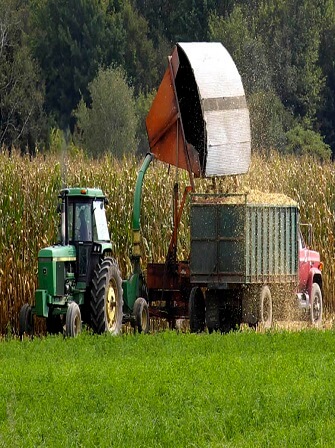
AGRICULTURAL ENGINEERING CAREER
A career in agricultural engineering can be broken into two parts. These two parts are Agricultural Technicians and Agricultural Engineers.
Agricultural Technician: Is used to designate the men and women trained in the mechanical skills along with the practical application of engineering principles to agriculture at the farm level.
Agricultural Engineer: This denotes further technical training to the intermediate technical level, leading to the diploma level for supervisor and/or formal agriculture engineering education training, leading to the formal B.Sc. degree level in agricultural engineering
IMPORTANCE OF AGRICULTURAL ENGINEERING
Many areas of the developing world are favorably endowed with adequate natural resources for food production. However, the people inhabiting these areas face severe limitations due to their limited knowledge and physical strength available to exploit these resources. Often, even if well-adapted agriculture machinery, tools and equipment are made available to the people, the government agencies and private farmers are unable to apply it economically to farm production tasks.
In the hands of inexperienced and unskilled personnel, tractors and associated agriculture equipment and tools not only do poor to mediocre work, but also wear out or breakdown prematurely and require expensive repairs.
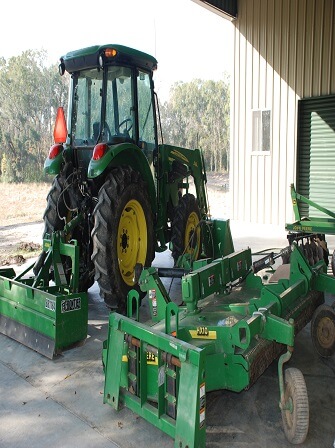
Farming businesses and their employees require agricultural engineers to design and operate modern farm machinery effectively and safely, to adjust it properly and to keep it in serviceable condition. Without agricultural engineers and technicians, agriculture machinery cannot be expected to do good work or to carry out operations which boost farm yields and productivity
Development in agricultural engineering is especially important in Nigeria and other developing countries because it will boost part-time farming. Part-time farming is an urbanization trend now seen in a few industrialized countries, where appropriate mechanization enables farmers to cultivate their land in addition to holding a job in commerce or industry.
Such part-time farming, when off-farm employment is available nearby, is becoming increasingly popular and is generally seen as a positive factor in reducing urban drift, and in making rational use of land and labour resources. Part of the earnings from off-farm activities usually go into on-farm investment, particularly for the mechanization which frees the time necessary for additional off-farm activities. China is a prime example of how diversification out of agriculture and into rural industries has sparked rapid growth in family part-time farming coupled with increased mechanization.
WHAT DO AGRICULTURAL ENGINEERS DO?
The work of agricultural engineers’ can be broken down into these categories:
- Design, build, operation and maintenance of farm tractors and farm power units
- Design, operation and maintenance of field machinery, tools and agriculture equipment for:
- Primary and secondary tillage
- Seedbed preparation
- Planting, seeding and fertilizer application
- Harvesting and threshing
- Miscellaneous farmstead work

- Design, build, operation and maintenance of crop handling, drying and storage equipment
- Design and construction of farm building and structures

ENVIRONMENTAL IMPACT OF AGRICULTURAL ENGINEERING
According to the Consultative Group on International Agricultural Research (CGIAR), the global food system, including fertilizer manufacture to food storage and packaging contributes more than one-third of global greenhouse gas (GHG) emission. According to International Energy Agency, India accounted for 7% of global greenhouse gas emissions in 2018 with agriculture and livestock contributing around 18% of total national GHG emissions.
The World Economic Forum has estimated that if only 15-20% of farms around the globe adopted precision farming by 2030, yield could increase by 10-15% with GHG emission and water use reduced by 10% and 20% respectively. Tractors that run on electricity can dramatically reduce the carbon footprint of the agriculture industry. Furthermore, electric tractors are more efficient, with almost 90% efficiency, compared to conventional diesel tractors with 45% efficiency. Moreover, electric tractors require less maintenance because there are fewer moving parts
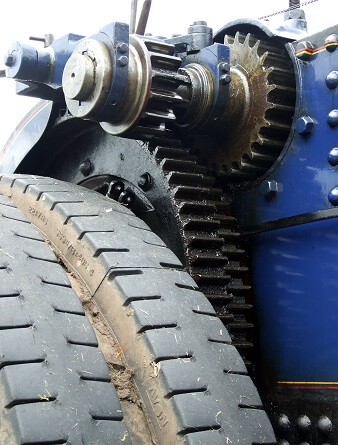
In cases or situations where farmers are unable to afford new and modern agricultural equipment like electrical tractors, drones etc. agricultural engineers step in to overhaul or renovate old, existing machinery making them useful to agribusiness enterprises and farmers.
This is a very key example of agricultural engineering at work as many original agriculture equipment manufacturers have recognized that the market for new electrical tractors, trailers, which has been growing in recent years, and that renovation programs allow them to make modest profits by converting old equipment into modern agriculture equipment.
The agricultural engineer therefore can deploy two basic approaches to renovating agriculture machinery which are as follows:
The Repair-as-Necessary Approach: Under this approach, the degraded or outdated machinery is examined by the agricultural engineer and its actual specifications and tolerances are compared with those stated in the manufacturer's technical data for new, modern equipment. Only those parts required to restore the working life of the machinery are replaced. In the case of tractors, each is rebuilt according to its individual needs to restore it to its modern specifications.
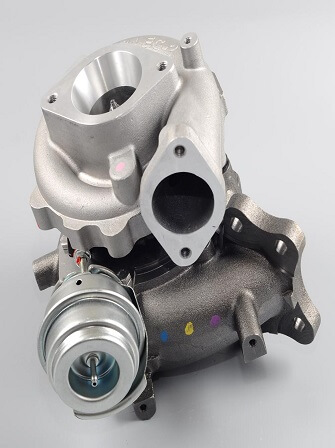
The Kit Approach: This is based on the replacement of whole sub-assemblies of the machinery, whether or not all the components in the sub-assembly are actually defective. The kit approach was pioneered for tractors by Massey-Ferguson under the trade name 'ROC' (which stands for Rehabilitation, Overhaul, and Certification). A ROC tractor is rebuilt to conform to the technical specification of a new tractor, including any updates such as a gearbox with ten speeds instead of eight
HOW TO BECOME AN AGRICULTURAL ENGINEER
In order to have a successful career in agricultural engineering, certain characters, skill and knowledge will need to be developed.
Successful Agricultural Engineer Attitudes
To become a successful and proficient agricultural engineer, you must possess these qualities:
- Must like machines and wants to learn to use them properly
- Must be reliable and can be depended upon to follow instructions
- Must be conscientious and tries to do his best
- Must show pride in his machines and tries to keep them clean and in good conditions
- Must take pride in doing quality work
- He uses every opportunity to improve himself
- He is not ashamed to ask questions and calls a mechanic or supervisor to do things for which he hasn’t been trained
Successful Agricultural Engineer Skills
Useful skill set that a successful agricultural engineer must possess are:
- Use and explain all control for the tractor and selected implement
- Perform prescribed daily and weekly maintenance services
- Check and add as needed the proper amounts of preselected fuel, oil and water
- Hitch and unhitch selected implement to the tractor 3-point hitch or drawbar
- Select proper gear and throttle settings for load, task, weather and field conditions
- Manipulate the tractor safely and skillfully in farming and on public roads with and without implements
- Make simple preliminary and field adjustments to implements for proper operation
- Understand coding language like C++ and Python
- Understand artificial intelligence (AI) and its practical applications
Successful Agricultural Engineer Knowledge
In order to succeed as an agricultural engineer, you must have a good understanding of these concepts:
- Explain the principles of operation of a tractor: internal combustion engine, gears, power transmission and lubrication
- Explain safety rules pertaining to operation of a tractor in the field or on the road
- Recite the government regulations concerning operation of tractors on public roads
- Distinguish quality work from inferior work when plowing, hauling, weeding, spraying etc.
- Recognize the need to call a mechanic or supervisor when the tractor or implement isn’t working properly
The world definitely need more agricultural engineers to solve agriculture and natural resources productivity and usage issues.
Do you want to become a modern agricultural engineer? In this free online course, you can learn the applications of nanotechnology in modern-day agriculture practices.
This free online course introduces you to contemporary nanoparticle-based farming practices and will provide an understanding of the various nanotechnology tools in use. As an up-and-coming interdisciplinary domain of research, the course is designed based on current literature. It provides a general overview of the ability of modern nanotechnology tools in furthering sustainable development. Start this course today!
References
Agricultural Engineering In Development: Guidelines For Mechanization Systems and Machinery Rehabilitation Programmes
A Guide For Instructors in Organizing and Conducting Agricultural Engineering Training Courses


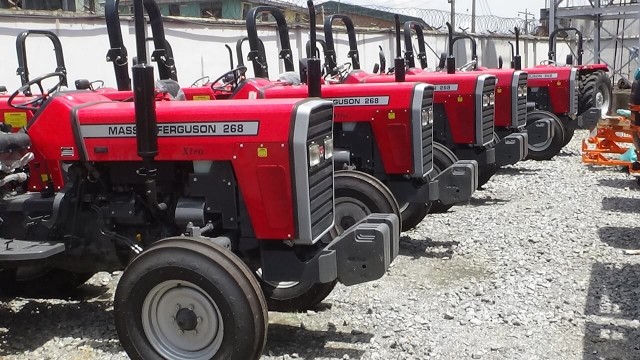
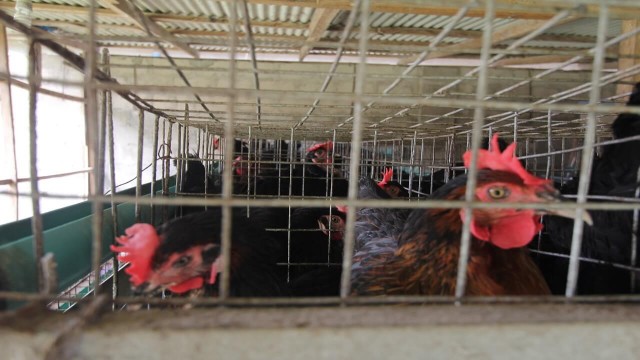
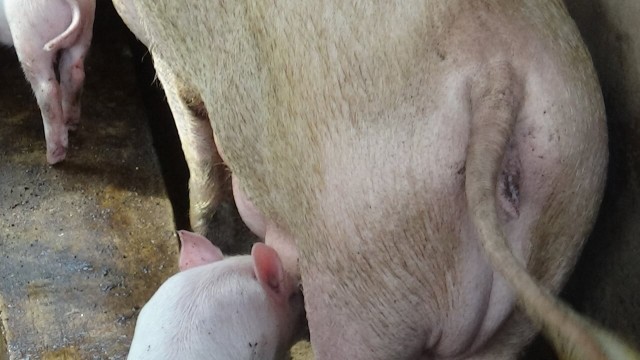




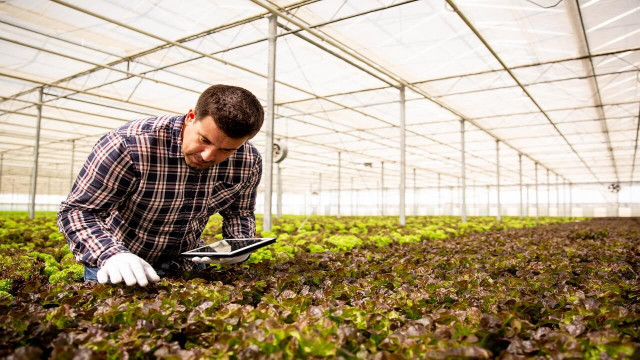


Share This Article: